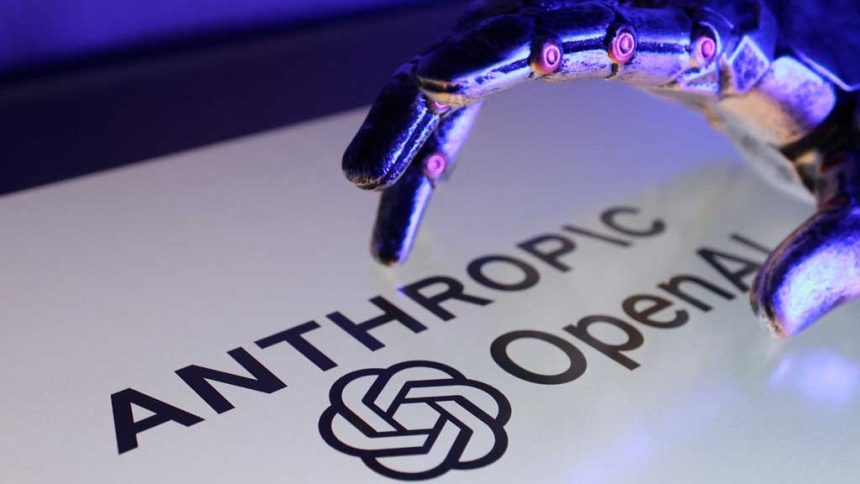A California federal court has preliminarily approved a $1.5 billion class-action settlement in a copyright dispute between authors and artificial intelligence company Anthropic, marking the first resolution of its kind in a series of lawsuits targeting AI developers.
U.S. District Judge William Alsup described the proposed settlement as “fair” during Thursday’s hearing but stopped short of granting final approval. The court will notify affected authors, who will have an opportunity to file claims before a final decision is made.
The plaintiffs — including Andrea Bartz, Charles Graeber, and Kirk Wallace Johnson — argued that Anthropic unlawfully stored and used over seven million pirated books to train its AI assistant, Claude, without authorization. They hailed the judge’s decision as “a step closer to accountability” and a warning to other AI firms that creators’ rights cannot be ignored.

The Association of American Publishers also welcomed the ruling, with its president, Maria Pallante, calling it “a major step in the right direction in holding AI developers accountable for reckless and unabashed infringement.”
Anthropic, which is backed by Amazon and Alphabet, said the settlement will enable it to “focus on developing safe AI systems that help people and organizations extend their capabilities, advance scientific discovery, and solve complex problems,” according to deputy general counsel Aparna Sridhar.
The lawsuit, filed in 2024, accused Anthropic of large-scale copyright infringement, with damages estimated in the hundreds of billions of dollars. While Judge Alsup earlier found that parts of Anthropic’s use of copyrighted works could qualify as fair use, he ruled that the company violated rights by maintaining a central database of pirated books unrelated to training purposes. A trial had been scheduled for December before the settlement was reached.
The outcome is expected to shape ongoing legal battles against other AI developers, including OpenAI, Microsoft, and Meta Platforms, who are facing similar copyright claims.
Read More:










